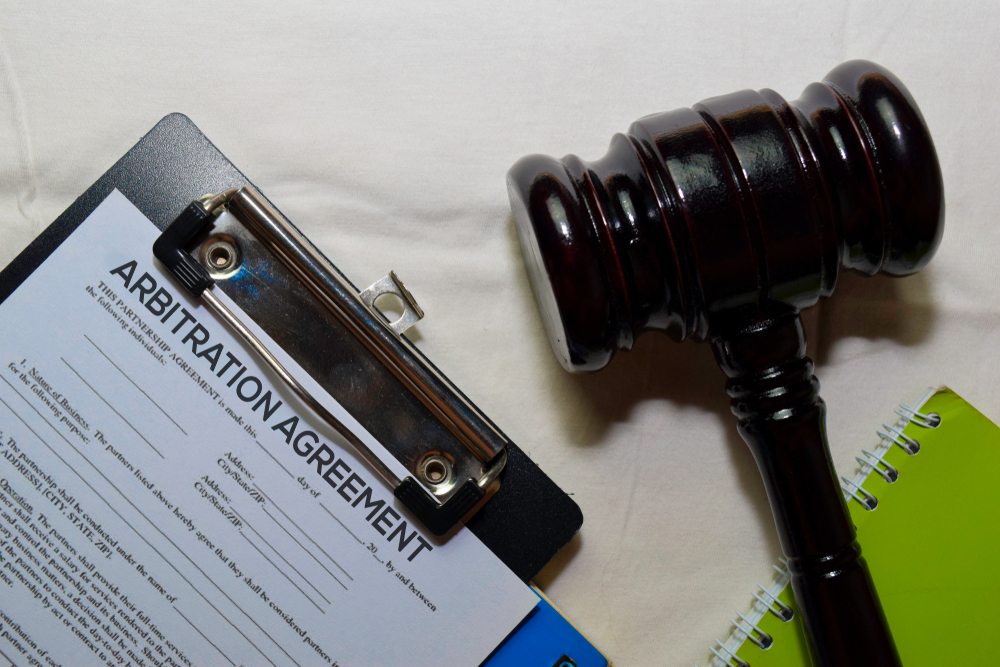Fraudulent Inducement Renders Contract Voidable, but Induced Party can Still Ratify Contract
Here’s an interesting tidbit when it comes to fraudulent inducement of a contract: the inducement renders a contract voidable (not void). See Buyer’s Choice Auto Sales, LLC v. Palm Beach Motors, LLC, 49 Fla. L. Weekly D1512a (Fla. 4th DCA 2024) (citation omitted). This means if a party claims they were fraudulently induced into entering a contract, and elects to sue for damages on the contract, even a contract procured by fraud, the election to sue for damages on the contract “ratifies the contract and ensures that a party who accepts the proceeds and benefits of a contract remains subject...
Continue reading













